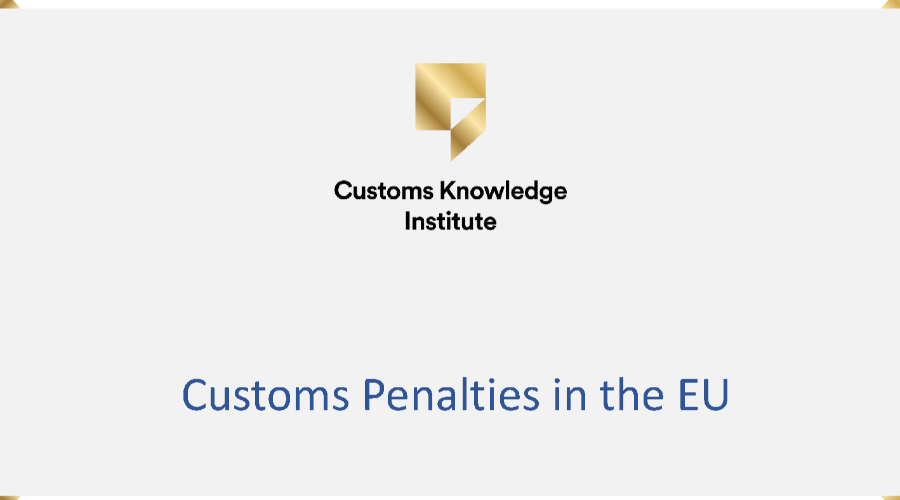Atsakomybė už prekių, kurioms taikomos tarptautinės sankcijos, deklaravimą muitinės procedūrai – kas ir kada atsako?
31-03-2024
Teisingas, tinkamas bei efektyvus tarptautinių sankcijų taikymas prekėms, importuojamoms iš valstybių, kurioms nustatyti prekybos draudimai ar apribojimai, yra labai svarbi šiandieninė aktualija.
…
Už tarptautinių sankcijų, susijusių tarptautine prekyba prekėmis, ir jų neteisėtu įvežimu ar išvežimu į (ar iš) ES bei Lietuvos Respublikos muitų teritoriją(-os) bei deklaravimu (jei tai nesukėlė didelės žalos valstybei (visuomenei)), paprastai taikoma administracinė atsakomybė pagal Administracinių nusižengimų kodekso 515 straipsnį. Tačiau praktikoje neretai pasitaiko ir situacijų, kuomet pačios valstybės institucijos (pavyzdžiui, muitinės įstaigos) netiksliai įvertina įvežamų prekių pobūdį, priima jų eksporto ar importo deklaracijas, ir oficialiai leidžia jas išvežti ar įvežti, bet vėliau pakeičia savo sprendimus bei atgaline tvarka (retroaktyviai) vertina jau realiai įvykusius, užbaigtus ir deklaruotus prekių tiekimo sandorius, taip pat siekia pritaikyti (už jų vykdymą bei deklaravimą) teisinę atsakomybę. Ir verslo praktikams, ir teisininkams, dirbantiems prekybos ar muitų (muitinės) teisės srityse tokiose situacijose iš esmės visuomet kyla klausimas – ar tokia praktika teisėta ir teisinga? Šiame straipsnyje siekiama atsakyti į minėtą klausimą remiantis naujausia teismų praktika (Lietuvoje) bei jų pateiktais aktualiais išaiškinimais.
Dr. Gediminas Valantiejus
€


Комментарии ()
Чтобы оставить комментарий, вам необходимо